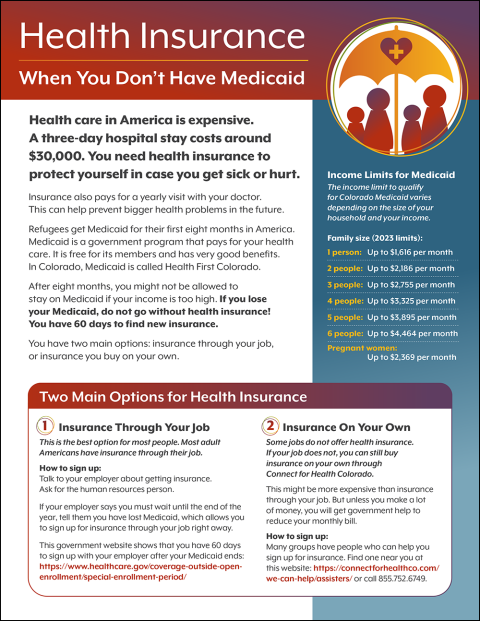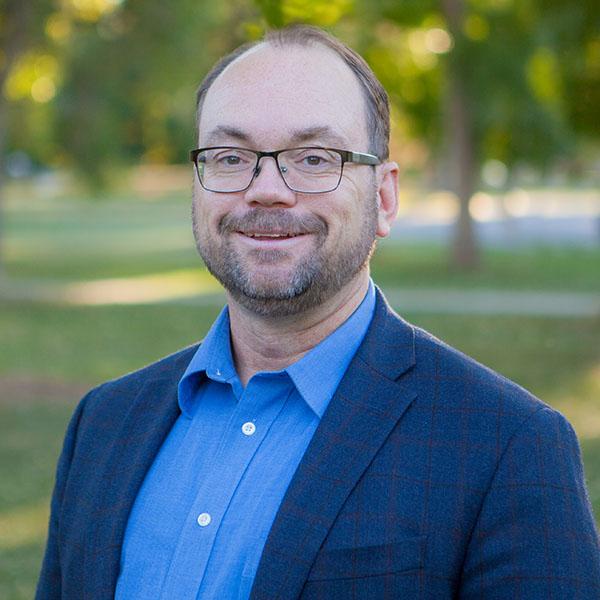
American health insurance is difficult to figure out. There’s a mix of government programs that limit enrollment by income, ability, or age. Many employers offer coverage. Some people have to seek out and buy insurance on their own.
Imagine navigating this system in a language you don’t speak, in a new city — after being chased from your home by war or violence. That’s the experience for refugees.
A refugee is a special type of legal immigrant. They are recognized by the United Nations as people who have had to flee their country for their own safety. The United States and many other nations take in refugees, but people often have to spend years in refugee camps before they make it here.
Nearly 10,000 refugees came to Colorado in 2022 and 2023, according to state records. That’s more than the previous six years combined. The state government and local nonprofits provide an array of services for them.

